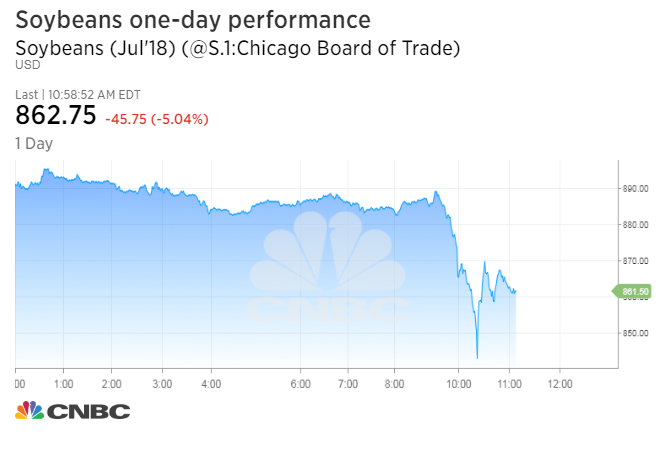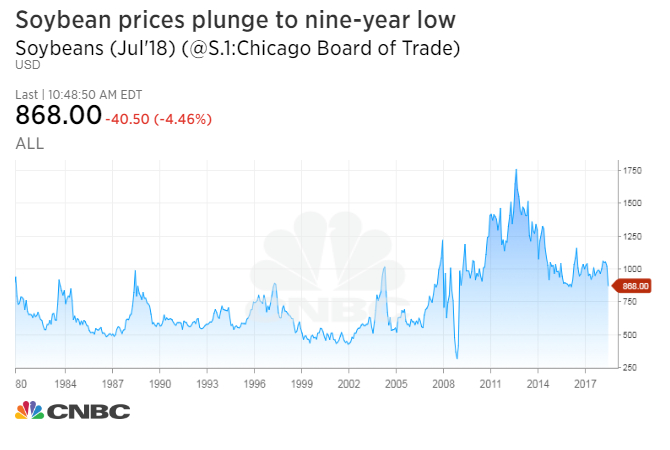Apple's (NASDAQ:AAPL) outgoing music chief, Jimmy Iovine, is largely credited with pushing the company to invest in original video content. While it was a clear misstep to use that content in an effort to differentiate Apple Music from competing music-streaming services, at least it put the Mac maker on a path toward potentially creating a video-streaming service that could further its ambitions for its services business. Despite services chief Eddy Cue once saying that Apple is "not trying to compete with Netflix�(NASDAQ:NFLX) or compete with Comcast," that's very clearly what Apple should do.
At this point, there should be little doubt left in any investor's mind that Apple is indeed building a video-streaming service.

Image source: Apple.
All this content has to go somewhereThe most obvious evidence is simply the growing list of shows, series, and movies that Apple is buying up (or in the process of buying) in Hollywood. If anything, the rate at which Apple is acquiring content has only accelerated in recent months. Here's the reported list so far, in no particular order:
Planet of the Apps Carpool Karaoke A children's show from the creators of Sesame Street An animated movie from an Oscar-nominated animation studio based in Ireland A dystopian drama�that takes in place in the future called See A rebooted�version of Steven Spielberg's anthology series Amazing Stories Some mysterious multiyear partnership with Oprah Winfrey (this one got an official press release) A different drama series�made by the director of La La Land A thriller series produced�by M. Night Shyamalan A space drama�from the creator of Battlestar Galactica A scripted morning show starring Reese Witherspoon and Jennifer Aniston An adaptation of Isaac Asimov's famous Foundation series of science fiction novelsThere's also a fair chance there are more shows in the works that we simply haven't heard of. Beyond all of this evidence, there's another very simple explanation.
Double your moneyMusic streaming is a tough business. Iovine noted last year that there are "no margins" in music streaming, which was soon confirmed by Spotify's IPO. Those businesses pay massive royalties to record labels in order to stream music, which makes it hard enough to squeeze out a profit. The idea of any company -- even one as ridiculously profitable as Apple -- investing over a billion dollars in original video content to be bundled with a music-streaming service is just laughable and has been for quite some time.
In order for Apple to recoup all of the money it's investing in original video content, it needs to create a new service that generates revenue on its own. Over-the-top video services go for $10 to $15 per month these days, and Netflix has demonstrated that a strong slate of original content can command considerable pricing power.
Why would Apple choose to hemorrhage cash by bundling original video content in Apple Music for $10 per month when it can instead earn $20 per month or more by selling both Apple Music and an Apple-branded video-streaming service? Perhaps the biggest question at this point is what Apple will call it, since Apple TV is taken and "Apple Video" just sounds silly. Maybe "Apple Flix"?

